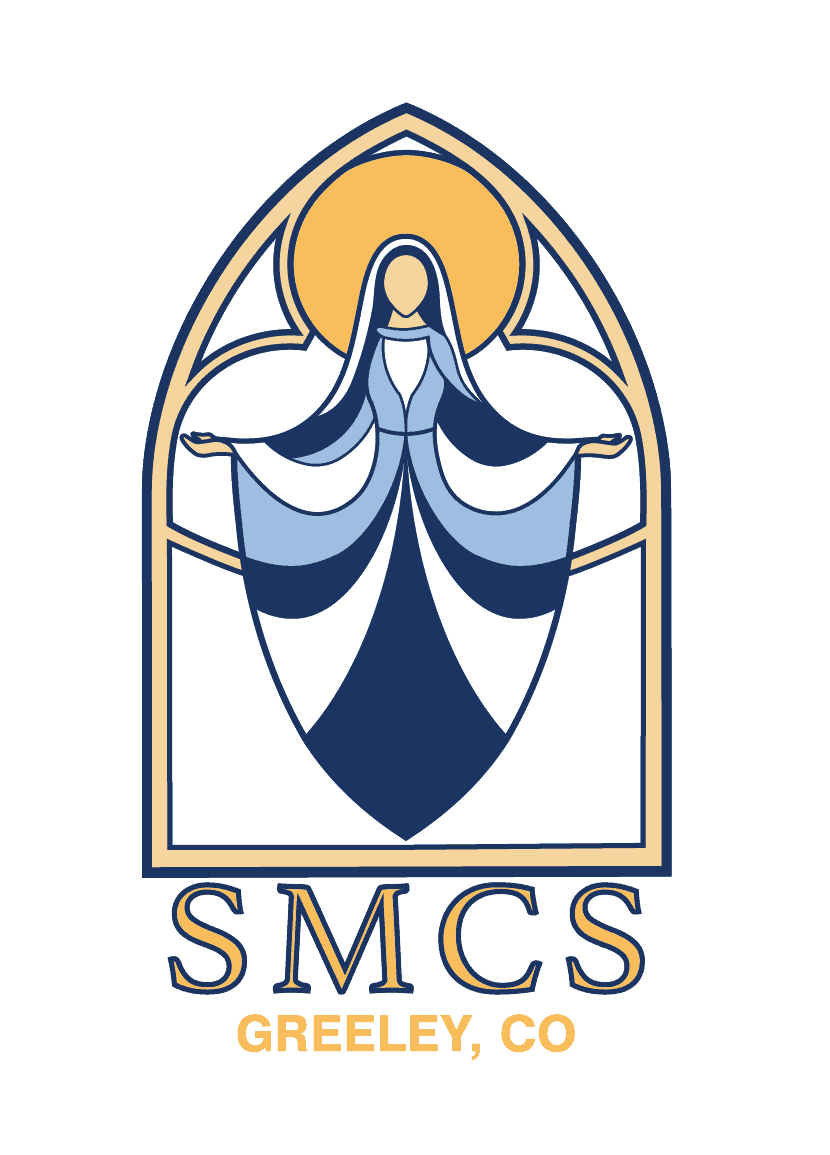Below you will find a comprehensive list of what your child will learn or review over the course of a year in PK:
Art
- Hold scissors properly.
- Use appropriate grip for crayons, markers, and pencils.
- Control tools when painting, drawing, gluing, etc.
- Add detail to personal art.
- Clean and take care of self and materials used in activities.
- Identify tools needed for an art project.
- Use tools in an age appropriate manner.
- Return materials to their proper place.
- Describe art in his / her own words.
- Work alone or in small groups.
- Initiate some projects.
- Combine and use different mediums for self-expression.
- Show interest in the artwork of others.
- Show pride of accomplishment.
Language Arts
- Use appropriate complex sentences, i.e. correct pronouns, more than one subject, more than one adjective, etc.
- Give his / her first and last name.
- Ask and answer age appropriate questions.
- Speak with increasing independence, clarity, and fluidity.
- Use different question words such as who, what, where, etc.
- Communicate basic needs and feelings verbally.
- Describe personal experiences using increasingly complex vocabulary and sentences, i.e. show-and-share, calendar time, etc.
- Engage in group activities and discussions.
- Respect rights of others in discussions, i.e. take turns, listen to others, follow established routines.
- Demonstrate attentive, courteous listening skills.
- Maintain eye contact with speaker.
- Follow at least three-step oral directions.
- Listen and repeat words, phrases, and sentences.
- Sit quietly and be attentive for a whole story.
- Recognize first and last name.
- Recognize and write the letters of his / her first name.
- Recite the alphabet.
- Enjoy stories for fun.
- Choose a variety of different types of literature.
- Demonstrate proper care and use of books.
- Print first name.
Math
- Equate “zero” to quantity of nothing.
- Count orally from 1 to 20.
- Recognize numerals 0 to 10 in random order.
- Construct models with blocks and puzzles of at least 20 pieces.
Music
- Listen and respond to music.
- Sing alone and with others.
- Develop a repertoire of songs from memory.
- Identify a favorite song.
- Recognize familiar songs when played or sung.
- Recognize familiar tunes.
- Establish good listening habits.
Health, Safety, and Physical Education
- Use playground equipment appropriately.
- Demonstrate body-space awareness and personal control.
- Develop self-help skills.
- Dress self including shoes, boots, coats, hats, mittens, etc
- Organizing backpacks and personal belongings.
- Wash hands before eating, after toilet, after outside playtime, after coughing, sneezing, nose blowing, or when asked.
- Use toilet facilities appropriately.
- Use tissue to blow nose, and dispose of it properly.
- Clean up personal space after lunch, snack time, etc.
- Recognize limits in play, rest when tired, get a drink when thirsty, etc.
- Stand in line appropriately.
- Demonstrate willingness to participate as an individual and as a member of a team.
- Demonstrate effective participation skills such as taking turns, sharing, getting along with others.
- Keep winning and losing in perspective.
- Participate in directed games with rules and limits.
- Apply safety practices.
- Recite his / her first and last name.
- Follow school rules.
- Identify feelings and exhibit appropriate ways to express them.
- Discuss the relationship between behaviors and their consequences.
Religion
- Recognize self-worth and build positive self-esteem through recognition of his / her own gifts and talents.
- Use Jesus as a role model.
- Experience God as always loving and knowing each one by name.
- Recognize the gifts and talents of others.
- Develop a sense of membership in community of people loved by God.
- Identify self as a member of the Catholic community.
- Discuss the saints and the Blessed Virgin Mary as members of God’s family
- Participate in faith experiences.
- Experience signs and symbols of church, i.e. Sign of the Cross, genuflecting, kneeling, bowing, tabernacle, blessing with holy water, crucifix, Rosary, statues, etc.
- Recite simple prayers, i.e. The Sign of the Cross, meal blessing, Angel of God, Hail Mary, Our Father, Glory Be, etc.
- Experience that the Bible and its stories are God’s word.
- Know that prayer is talking and listening to God.
- Verbalize spontaneous, personal prayers.
- Discuss that he/she may pray at any time or in any place.
- Listen respectfully to God’s word.
- Demonstrate reverent behavior during prayer and in church.
- Discuss that each person has feelings.
- Discuss ways to express sorrow, anger, happiness, and love.
- Identify own feelings.
- Demonstrate respect for the authority of parents, teachers, and community workers.
- Demonstrate Christian attitudes of sharing, taking turns, listening, helping, celebrating, thanking, apologizing, changing inappropriate behavior, and forgiving.
- Respect others’ feelings, property, opinions, space, etc.
- Realize that God loves us and forgives us.
- Discuss and practice making appropriate behavioral choices.
- Discuss and take responsibility for the consequences of inappropriate behavior.
Science
- Identify characteristics of the seasons.
- Identify the weather of the day.
- Discuss appropriate dress for the weather.
- Discuss the difference between day and night.
- Use five senses to investigate states of matter.
- Make predictions.
- Use appropriate technology tools, such as computers, CD players, etc.
Social Studies
- Use vocabulary such as before, after, yesterday, today, tomorrow.
- Sing and rhyme to explore vocabulary associated with calendar, i.e. day, week, month, year, yesterday, today, tomorrow.
- Recognize the difference in others and celebrate diversity.
- Demonstrate awareness of location and direction by using vocabulary like right, left, far, near, above, below, across, between, inside, outside, next to, over, and under.
- Discuss the relationship between weather and dress.
- Recognize the flags of the United States and Colorado.
- Recite the Pledge of Allegiance.
- Recognize the importance of rules and laws.
- Discuss the relationship of actions and consequences.
- Be responsible for personal items.
- Respect others and their property.
- Cooperate with others.
- Show kindness toward others.
- Label needs and wants. Realize that resources are limited.
- Realize that we must not waste.
- Realize that we must keep our Earth safe and clean.
- Use toys, materials, and tools appropriately.
- Accept responsibility for classroom jobs and assignments.

